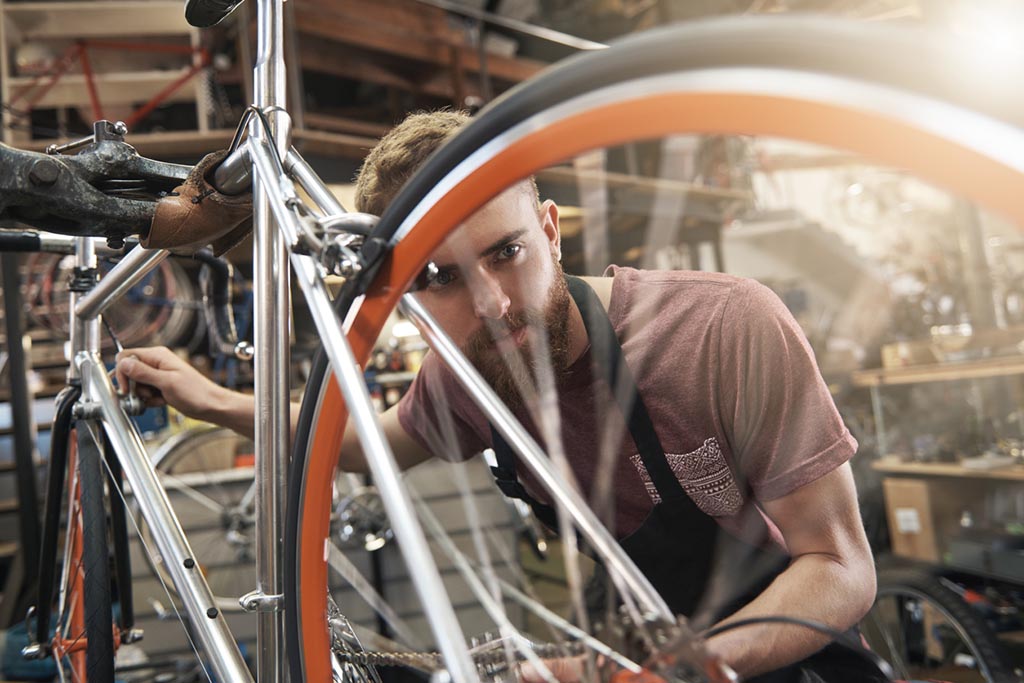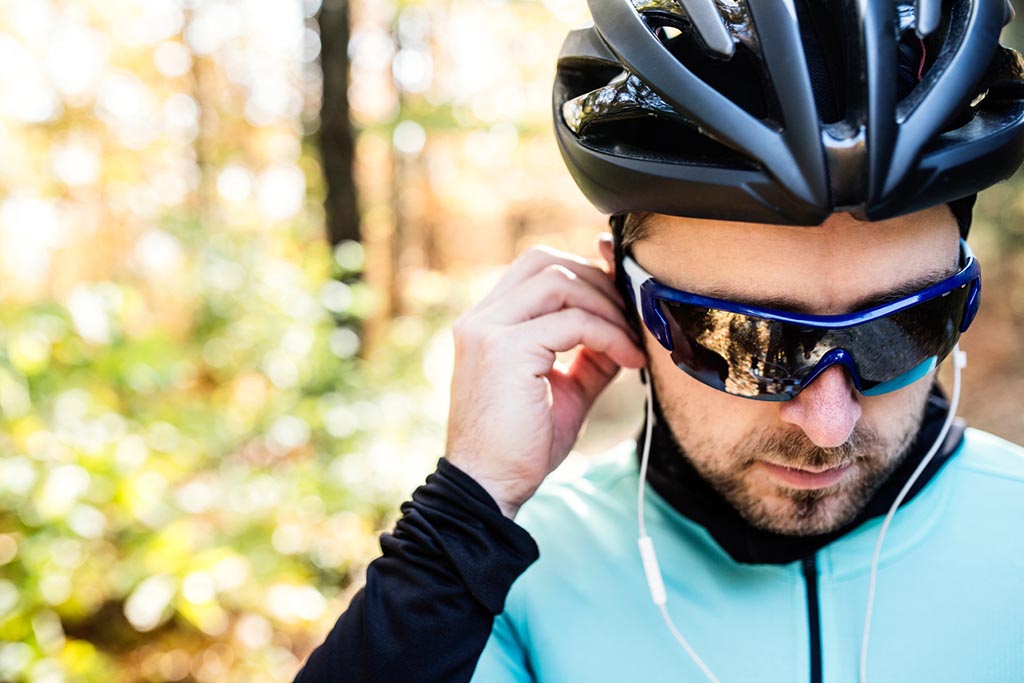Rolling Stop Law
The “Idaho stop” or rolling stop law for cyclists has been pervasively spreading across the United States over the past year. However, while this is great news for cyclists, it doesn’t leave a lot of room for local governments with perhaps different cycling laws to have a voice. This is just what Colorado was concerned with when the rolling stop rolled on up to the doors of state government.
However, unlike other states that have allowed it, Colorado took a more cautious route. They approved the rolling stop for cyclists but ultimately left setting restrictions on speed and implementation up to the local communities in the state.
Colorado is already quite friendly to cyclists, and in that regard, a number of cities already have their own cycling laws on the rolling stop. Furthermore, the state government recognizes that not every intersection is right for it.
Local Communities
This new law allows for communities to opt-in to adopt the Idaho stop for their community as well as regulate what is considered a “reasonable speed” to roll on through. This comes after a failed bill from 2017 that had addressed the same issue but ultimately failed due to conflicts with cyclist laws that had already been put into place in popular Colorado cycling cities.
Around the Country
This sets a great precedent for other states considering the issue of rolling stops for cyclists. It shows that this issue can be shot down if it conflicts with other community laws, but by offering it as a more opt-in affair, it can be adapted for the whole state.
Unfortunately, while this makes it safer for many cyclists, accidents will still happen. If you have been in a cycling accident and need a lawyer to represent you who understand your pain, contact us today. Let Gary Brustin, a fellow cyclist, and his law office come to your aid.






